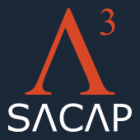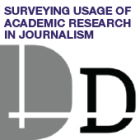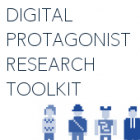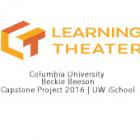
SPSInteractive
In today’s society, we make most of our decisions by comparing all of the options side by side. When it comes to public schools, though, this is virtually impossible. As it stands, there is no convenient, simple way for the average person to compare every Seattle public school side by side. SPSInteractive, which is sponsored by Microsoft’s Civic Technology and Engagement department, aims to fill this void by providing a suite of interactive visualizations which make it easy to compare all of the schools in Seattle. We include test scores information, graduation rates, demographics, and many other metrics which are necessary to examine when studying a school. Not only will this help parents decide which school is the best fit for their child, but it will also help policy makers form a better picture of the Seattle Public School System, and make the best possible decisions for the next generation of students.










